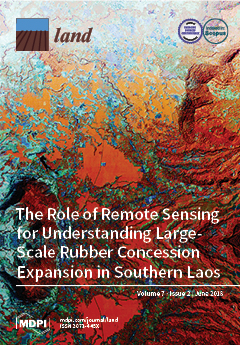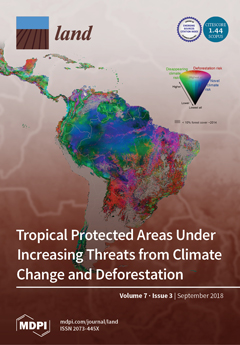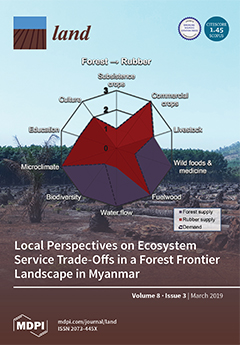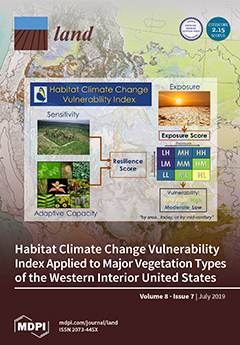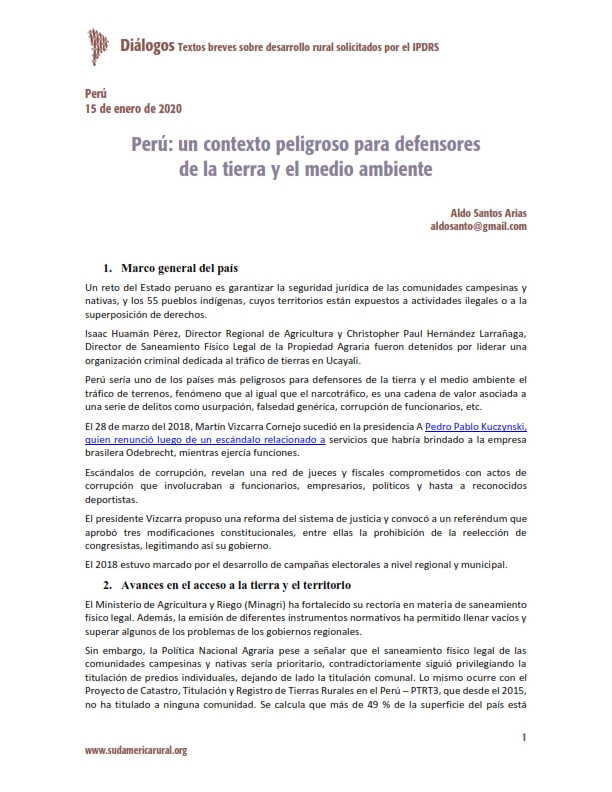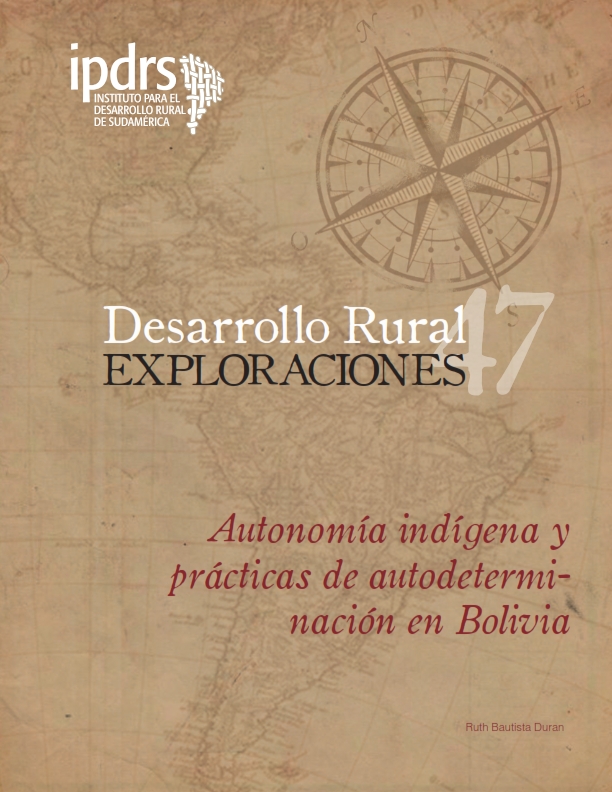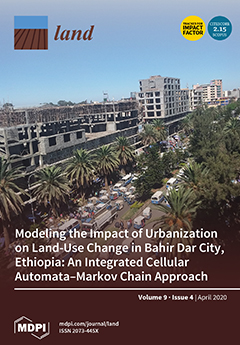La difficile territorialisation de la gestion de l’eau au Burkina Faso: une lecture au filtre de la theorie de la proximite. In French
Our paper aims to analyze the modalities of coordination among local actors who are involved in integrated water resources management. So as to understand the dynamics of territorialization, we ground our analysis in the proximity framework to highlight that social and spatial relations around water resources are unbalanced. How this spatial inequality is taken into account may favor, or on the contrary, harm the sustainability of coordination.


